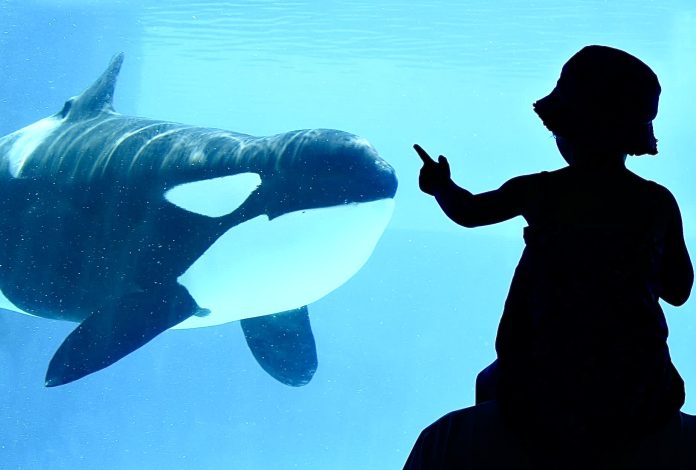It’s heartening to hear that the Strengthening Welfare in Marine Settings (SWIMS) Act has been reintroduced in the United States, signaling a significant step forward in marine mammal welfare. This legislation aims to phase out the captive display of four larger cetacean species— orcas, beluga whales, pilot whales, and false killer whales—held by marine theme parks and aquariums.
Led by U.S. Representatives Adam Schiff, Jared Huffman, and Suzan DelBene, along with U.S. Senator Ron Wyden, the SWIMS Act prohibits the breeding, wild capture, and import and export of these species for public display purposes. Importantly, it does not affect animals currently in captivity, allowing facilities time to transition to more humane practices.
Dr. Naomi Rose, a marine mammal scientist with the Animal Welfare Institute (AWI), underscores the scientific consensus that concrete enclosures cannot adequately meet the complex needs of these species. The SWIMS Act encourages marine facilities to focus on educational and conservation initiatives that do not perpetuate the suffering of captive animals.
Currently, the captive whale population in the U.S. consists of individuals from both wild capture and captive breeding programs. While wild captures have ceased in U.S. waters for decades, captive facilities still house animals obtained through past permits. The SWIMS Act seeks to address this by expressly prohibiting such practices, ensuring that progress in marine mammal welfare is enshrined in law.
Representative Schiff emphasizes the importance of protecting whales from lives trapped in captivity, while Representative Huffman stresses the need for long-overdue humane changes. Senator Wyden highlights the benefits of supporting whales in the wild, promoting responsible whale-watching tourism and safeguarding their natural habitats.
Representative DelBene echoes these sentiments, advocating for the protection of whales and dolphins in their natural environments, free from exploitation. The SWIMS Act represents a crucial opportunity to advance marine mammal welfare and ensure a brighter future for these magnificent creatures where they truly belong—in the wild.
